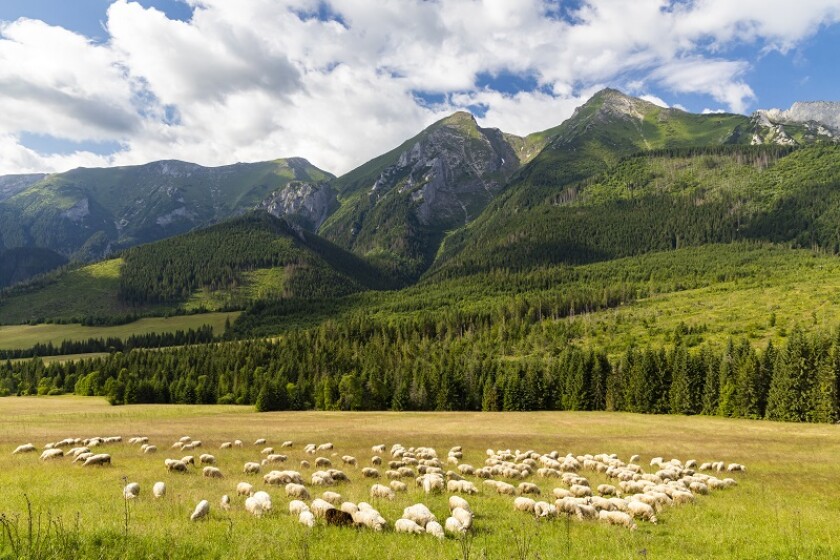The transfer of agricultural land in Slovakia was long subject to special restrictions. The Act on Acquisition of Ownership of Agricultural Land of 2014 provided for a special procedure for the transfer of title to agricultural land.
According to the Act, owners wishing to sell their land to a third person were required to first make a public announcement of their offer to sell the land. This had to be done 15 days in advance by publication on the Agricultural Ministry's website and on the official notice board of the municipality where the land was situated. The asking price had to be included in the announcement. More importantly, the buyer had to be someone who had been a permanent resident or had a registered business office in Slovakia for at least 10 years and had been operating an agricultural production business for at least three years before signing a contract to purchase agricultural land. If more than one potential buyer met those strict conditions, preference was first given to a potential buyer who was from the municipality where the land was located, then to those who were from the neighbouring municipality, and then finally to other potential buyers. If after six months the land owner was unable to sell the land under those conditions, then it could be sold to another person who did not operate an agricultural production business, but the person was still required to have had permanent residence or a registered business office in Slovakia for a minimum of 10 years. The owner was required by the Act to sell the land for the price that had been published as part of the initial announcement of the offer to sell.
As of 2014, therefore, all foreign nationals and foreign companies and most newly established Slovak companies – and companies that were not 'old' enough – were excluded on the whole from purchasing agricultural land, and the process that was required to sell agricultural land severely restricted the rights of the land owners. These rules for transferring agricultural land even applied when land was transferred as a gift for no consideration. The only exception was a transfer of co-ownership interest in the land to existing co-owners, or where the agricultural land was transferred or given as a gift to a person related to the owner; these transfers were not subject to the lawful restrictions.
It took more than four years before the Constitutional Court of the Slovak Republic, in November 2018, on the initiative of a group of members of the Slovak Parliament, finally repealed these provisions of the Act as unconstitutional and once again relaxed the restrictions on the sale and transfer by gift of agricultural land.
The Constitutional Court first applied the proportionality test to the legislation: whether the challenged provisions of the Act were in keeping with the aim pursued by the Act. According to the explanatory memorandum to the Act, the objective was to ensure that ownership of agricultural land in Slovakia was gradually concentrated in the hands of agricultural business operators with residence in Slovakia. The Act was supposed to ensure that the agricultural land area would not shrink and that the land would be duly cultivated.
The Constitutional Court determined that the legislation did not stand up to the proportionality test; the court pointed out that Slovakia has a system of agricultural land leasing that was the dominant form of land cultivation by agricultural production businesses – roughly 93 % of agricultural land is leased. A 2003 piece of legislation regulating agricultural land leasing provides for a minimum agricultural land lease term of five years, and up to 50 years depending on the type of land; statistics show that the average lease term is about eight-and- a-half years. The opinion of the Constitutional Court was that long average lease terms such as these were far better at ensuring the land would not be used for purposes other than agriculture, such as development.
The Constitutional Court also held that another act – the existing 2004 legislation on land protection – already protected the use of agricultural land, as it enshrined for that purpose various restrictions as to the use of agricultural land for non-agricultural purposes, such as development.
As of February 2019, the sale of land to any Slovak or foreign persons and companies is once again unrestricted. The only restriction preserved by the Constitutional Court is that agricultural land cannot be acquired in the Slovak Republic by foreign nationals or foreign companies whose countries of origin do not allow agricultural land to be acquired by Slovak citizens or companies – the principle of reciprocity.

|

|
Daniel Futej |
Daniel Grigel |


